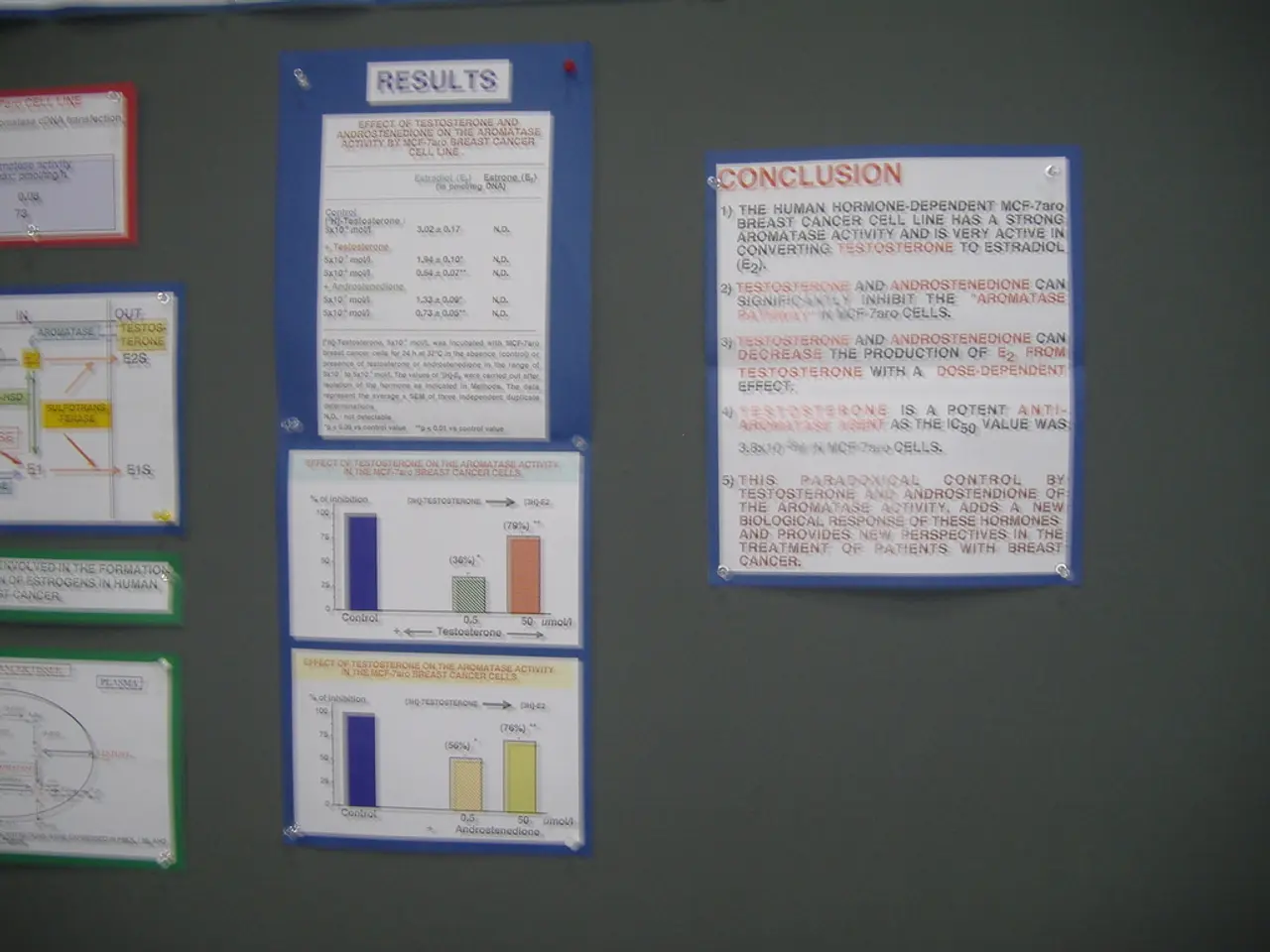Writing Therapy Notes: Template and Illustrative Examples
In the realm of mental health care, maintaining comprehensive and well-structured therapy notes is an essential aspect of being an effective therapist. These notes serve as a clinical, legal, and ethical responsibility, providing crucial information for delivering high-quality care, monitoring client progress, coordinating with other providers, and offering protection for a practice.
Avoiding Vague Language and Overloading with Unnecessary Details
When writing therapy notes, it's essential to have a clear purpose, summarize the client’s presentation and session focus, describe interventions and techniques used, and document safety assessments such as suicide risk. Notes should be clear, concise, specific, and focused on measurable progress toward treatment goals. Avoiding vague language, unnecessary details, or unqualified diagnostic statements is crucial.
Structured Therapy Note Templates
Using a structured therapy note template can help save time and ensure that all essentials are documented. Common formats for therapy note-taking include SOAP (Subjective, Objective, Assessment, Plan), DAP (Data, Assessment, Plan), BIRP (Behavior, Intervention, Response, Plan), GIRP (Goal, Intervention, Response, Plan), and PAIP (Problem, Assessment, Intervention, Plan). Each format structures notes to capture key clinical information but varies in emphasis, so therapists choose based on clinical needs, documentation requirements, or agency preferences.
SOAP, DAP, BIRP, GIRP, and PAIP
- SOAP (Subjective, Objective, Assessment, Plan): The most widely used, covering the client’s reported symptoms, clinician’s observations, assessment of condition, and plan for continued care. It emphasizes a comprehensive and logical flow where the assessment links the subjective and objective data, and the plan is specific and progress-focused.
- DAP (Data, Assessment, Plan): Combines subjective and objective data into one “Data” section, making documentation more streamlined while maintaining clarity. Efficient for therapists prioritizing brevity without losing important information.
- BIRP (Behavior, Intervention, Response, Plan): Focuses on recording client behavior, therapeutic interventions used, client responses, and future plans. It is useful when emphasizing patient reactions and outcomes related to interventions.
- PIRP (Problem, Intervention, Response, Plan): A problem-focused format that structures notes by identifying specific problems, documenting interventions and client responses, and outlining plans. This format helps focus on particular therapeutic issues.
- GIRP (Goal, Intervention, Response, Plan): Similar to PIRP, but emphasizes the client's goals and the progress towards achieving them.
Psychotherapy Notes and Talkcast
In addition to therapy notes, psychotherapy notes, also known as "process notes," are a therapist's private reflections on client interactions and include impressions, hypotheses, and important details to remember from sessions. Our website offers a feature called Smart Notes, which is HIPAA-compliant, secure, and private. We have also launched a new feature called Talkcast, a secure, HIPAA-compliant platform that enables therapists to create personalized content in the form of short podcast-style audio episodes for clients.
Legal and Ethical Compliance
Follow mandated reporting requirements and give yourself a refresher on HIPAA and your state's legal standards. Documenting any risk concerns, safety plans created with a client, and follow-up needs is crucial. Progress notes are the backbone of clinical documentation, part of a client's official records, and can be referenced when dealing with insurance companies.
In conclusion, high-quality therapy notes are a critical part of being an effective therapist. They should be clear, focused on client progress and safety, document specific interventions and client responses, and follow a consistent, structured format such as SOAP, DAP, BIRP, or PIRP to support clinical care and legal documentation.
Read also:
- Trump's SNAP reductions and New York City Council's grocery delivery legislation: Problems for city residents highlighted
- Forty-year-old diet: A list of meal choices to savor
- Exiled Life's Conundrum: A Blend of Liberation, Disillusionment, and Distress
- Establishing a support network for family caregivers nationwide in the United States





